
Similar Posts
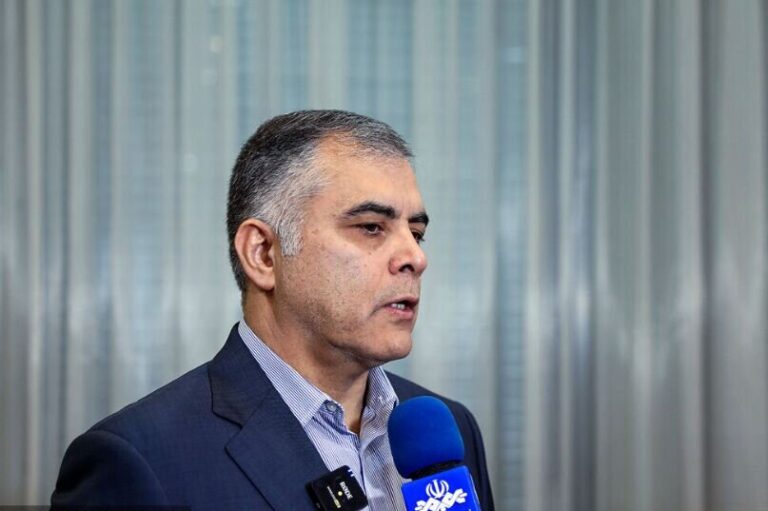
Trump’s Ambitions for Iran’s Oil Exports Fall Short: What This Means for Global Markets
Iran’s Oil Minister Mohsen Paknejad recently asserted the resilience of the country’s oil industry in the face of geopolitical challenges, declaring that the “maximum pressure policy” has failed and emphasizing the strategic importance of oil exports. He reassured Iranians that local oil workers, equipped with innovative technologies, will thwart efforts to reduce exports. Paknejad highlighted the industry’s strong domestic support, partnerships with other oil producers, and adaptability to sanctions. As the global energy landscape shifts, Iran remains committed to innovation and self-reliance, ensuring its oil sector continues to play a crucial role in the nation’s economy amid ongoing political pressures.
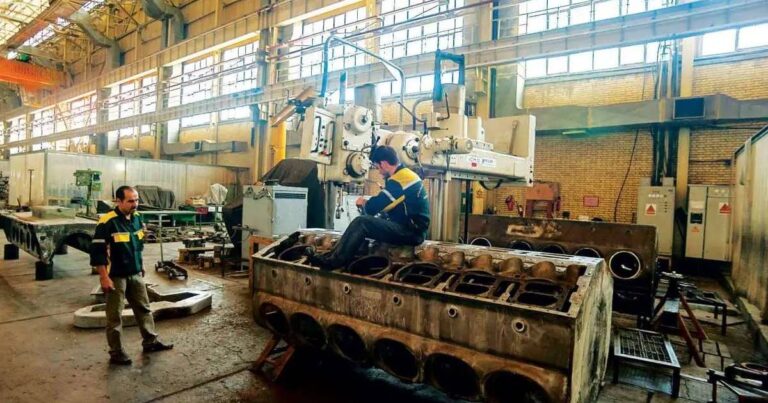
Iran Faces Unprecedented Energy Crisis: Industrial Sectors Shaken by Severe Shortages
Power cuts in Iran have reached unprecedented levels, impacting critical industries and threatening jobs. The steel sector is losing about $4 billion annually due to these outages, which can last up to 14 hours daily. The energy crisis, exacerbated by low winter temperatures and increased gas consumption, has led to severe fuel shortages. Industrial units are mandated to drastically reduce electricity use, risking unemployment for many workers. The ongoing situation has damaged machinery and products, with rising strikes over low wages. Experts highlight illegal Bitcoin mining by state entities as a contributing factor to the energy crisis, emphasizing the urgent need for sustainable solutions.
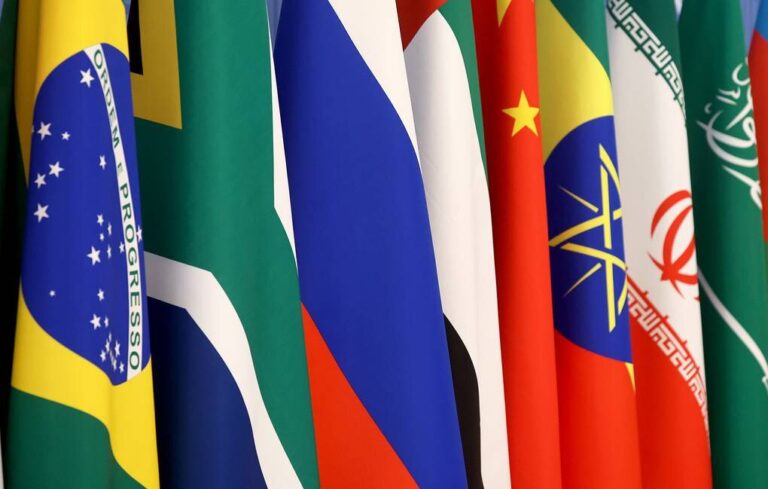
BRICS Ministers Slam Unilateral Sanctions: A Call for Global Cooperation
Global ministers have condemned unilateral coercive measures, particularly economic sanctions, citing their violation of international law and detrimental effects on human rights and development. In a recent statement, they highlighted that such sanctions disproportionately harm vulnerable populations and undermine fundamental rights, including the right to development. The ministers called for the elimination of these measures to restore human rights and promote equitable international relations. They emphasized the need for diplomatic engagement and multilateral dialogue as alternatives to punitive sanctions, advocating for a shift towards policies that prioritize human dignity and well-being for all, particularly the most vulnerable.
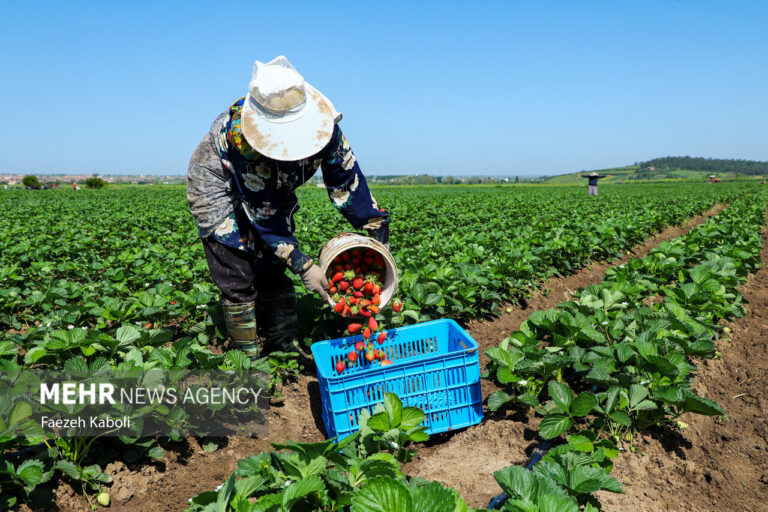
Sweet Success: Strawberry Harvesting Season Kicks Off in Golestan!
Iran’s Golestan province is experiencing a vibrant strawberry harvest, showcasing the dedication of local farmers and the region’s agricultural success. The favorable climate and a blend of traditional and modern farming techniques contribute to high-quality yields, significantly impacting the local economy by providing jobs and income. This harvest fosters community unity, as families participate together, reinforcing cultural traditions. With growing consumer demand for fresh, locally sourced produce and potential for international exports, Golestan aims to enhance its position as a leading strawberry producer. Additionally, strawberries offer numerous health benefits, making them a sought-after choice for health-conscious consumers.
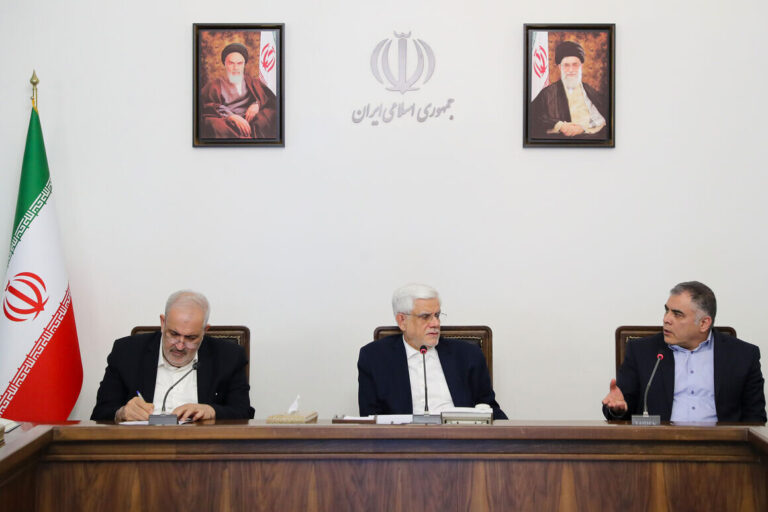
Iran Sets Ambitious Goals to Transform into Regional Energy Hub, Says Vice President
Iran is striving to become a key energy exchange hub to enhance its regional influence, as part of the Seventh Five-Year Development Plan (2024-28). At the inaugural meeting of the Regional Energy Trade Strategic Committee, officials underscored the plan’s goals: addressing energy imbalances, reducing industry losses, and strengthening Iran’s market position. Oil Minister Mohsen Paknejad highlighted energy swap agreements with neighboring countries as crucial for balancing supply and fostering cooperation. The committee, established within six months of the relevant law, will oversee policies and contracts to optimize energy management, targeting significant gas exports and electricity exchanges annually.
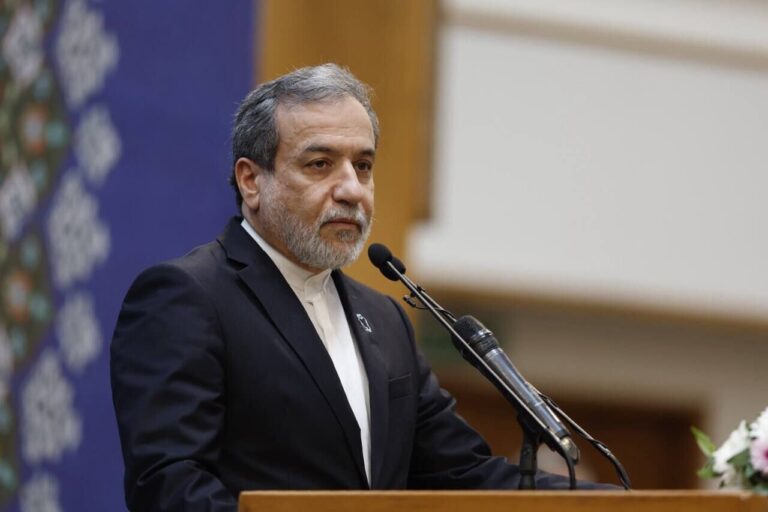
Iran-Russia Partnership Agreement: Araghchi Highlights Key Insights and Future Prospects
The recent Comprehensive Strategic Agreement between Iran and Russia marks a significant advancement in their bilateral relations, focusing on economic cooperation and extending to various sectors. Key areas include trade, investment, tourism, transportation, and energy, aiming to enhance market access and mutual business opportunities. The agreement also emphasizes cultural exchange, judicial cooperation, and strengthened parliamentary ties. Iranian officials express optimism about this long-term partnership, which is expected to bolster Iran’s regional position and economic resilience. This agreement reflects evolving international dynamics and could serve as a model for future collaborations, promising mutual growth and prosperity for both nations.